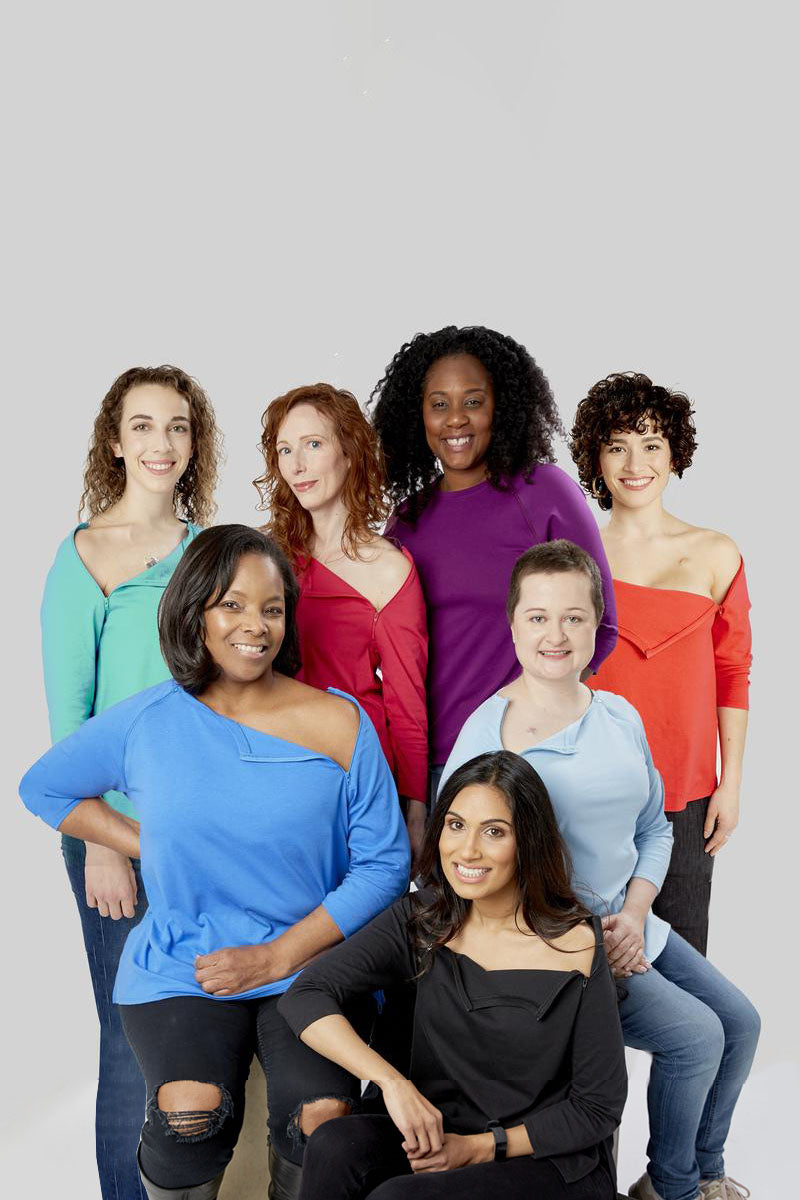
Living with chronic illness often means navigating a world that wasn’t designed with your needs in mind. Maddie, a thoughtful and resilient voice in the chronic illness community, opens up about the lessons she’s learned around self-advocacy, accessible fitness, and self-compassion.
Through her experiences, she’s found strength in the small wins and wisdom in reframing challenges that were never her fault to begin with. Her story is one of courage, clarity, and care—and we hope it reminds you that you’re never alone in this journey.
Keep reading to learn more about Maddie's story.
Finding My Voice Through Self-Advocacy
For me, self advocacy has always been a struggle. I have learned that asking questions and clarifying my thoughts helps me sort of “ramp up” to self advocacy. If I understand what people are saying and am able to explain my thoughts, I feel more comfortable asking for accommodations.
Self-advocacy doesn’t always mean speaking up loudly—it can also be the quiet work of making sense of your needs, your limits, and how to communicate them. Learning this skill has taken time, but it has made all the difference in how I navigate spaces and situations.
Redefining Strength in Movement
Recently, I attended a boot camp style exercise class. I was really nervous because I am not a highly active person, and have many medical issues that serve as barriers to exercise. I had to modify many of the workouts, and completely omit others, but I was so proud of myself for doing the whole class.
I felt really appreciative that although I didn’t do exactly the same as everyone else in the class, my body can still do hard things!
This was a huge reminder that strength doesn’t look the same for everyone. The fact that I showed up, adapted, and listened to my body is something I now celebrate.
It’s Not a “Me” Problem: Reframing Accessibility
When I run into obstacles in regards to accessibility, I have learned not to make it a “me” problem. I have reframed my thinking from “I can’t do xyz” to “xyz is not accessible to me, which is not my fault.”
I’ve learned to be gentle with myself and remember that I am doing my absolute best, and sometimes, unfortunately, accessibility is out of my control.
Reframing my mindset has been one of the most empowering things I’ve done. It allows me to advocate for change without internalizing blame.
Advice for Others on This Journey
To those just starting their journeys of navigating disability or chronic illness, I would recommend doing your own research on your conditions and learn how they are applicable to you. Try to find others that have similar experiences to you for support.
Remember that you are not broken, and you are worthy of accessibility, support, and love.
No matter where you are in your journey, know that you are not alone. There is strength in learning, in resting, in reaching out—and in reminding yourself that you deserve care, just as you are.










Leave a comment (all fields required)